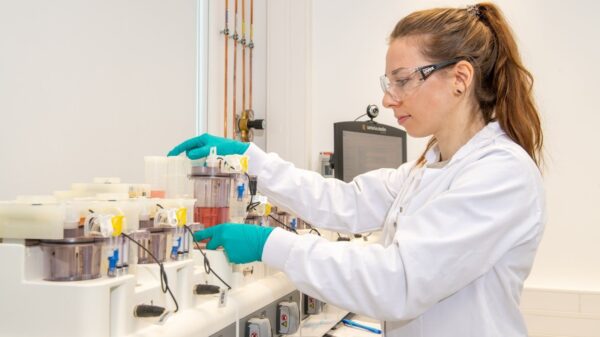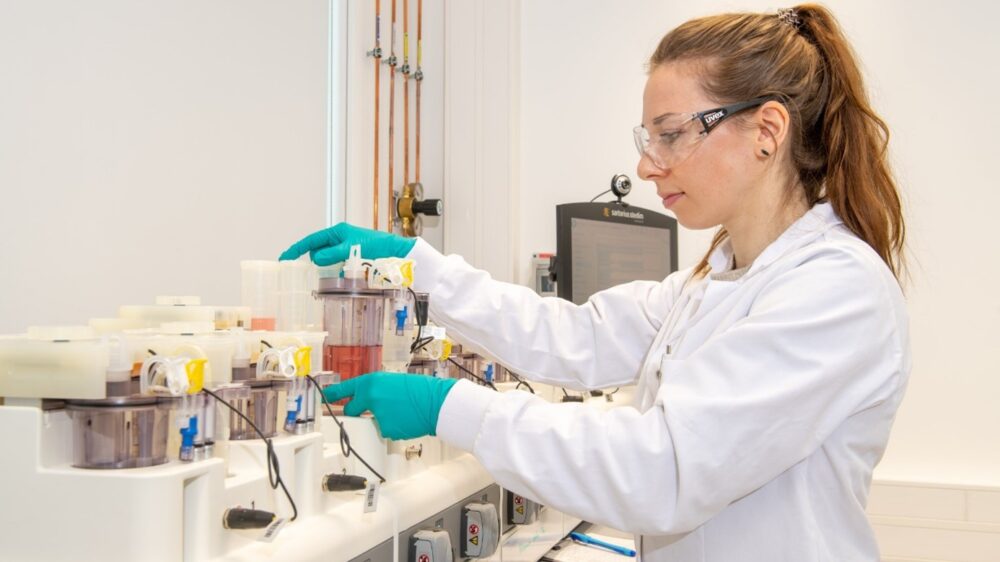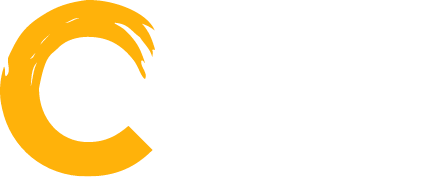
Behind the Term Sheet: How Ascend Gene & Cell Therapies will Enable Wider Patient Access to Life-Saving Treatments
By: Jefferson Chen & Jia-Yi Har, Cathay Health
The ‘holy grail’ of modern precision medicine are curative approaches, such as those exhibited in gene therapy — a newer type of treatment that corrects underlying genetic defects by replacing the disease-causing gene with a health copy of the gene. Often, viruses, including adeno-associated viruses (AAV) and lentiviruses, are engineered to precisely deliver the healthy gene to the right location within the patient’s body, where the healthy protein, such a an enzyme, can be expressed to restore the missing function.
In less than 10 years, gene therapy (GTx) has cured over 10,000 patients of debilitating diseases with no prior cures. These include rare diseases from muscular dystrophy, where patients gradually lose muscle and motor function, to inborn blindness (retinal dystrophy), to thalassemia, a genetic blood disorder that causes the body to produce less hemoglobin than normal leading to anemia and bone deformities.
While the GTx field is poised for robust growth, these therapies struggle to see wider clinical adoption due to their prohibitive treatment costs – gene therapies are the most expensive treatments in the world, reaching $3.5 million for a one-off infusion of CSL Behring’s hemophilia B gene therapy Hemgenix. As such, only a handful of health system payors, such as those in the US, UK and Europe, can cover the cost of these treatments. The high costs are chiefly caused by the complex manufacturing process in producing therapies at sufficiently high yield, quality and consistency.
This is what led Cathay Health to our latest investment in Ascend Gene & Cell Therapies — a UK-headquarter, trans-Atlantic specialist CDMO (Contract Development & Manufacturing Organization) serving GTx developers. The company recently announced their official launch following a $117.5M Series A where we invested alongside Abingworth, Petrichor, Monograph Capital, DCVC Bio, 4BIO Capital, Deerfield Management, Digitalis Ventures and Ajinomoto.
Ascend is set up to address key challenges hampering manufacturing of GTx and we believe that at scale, it could very well redefine the gene and cell therapy space by innovating manufacturing processes to improve quality, potency, safety, and cost of gene therapy technologies — thereby enabling wider patient access to life-saving treatments. Here’s why.
First, the problem at hand — Mind the gap in AAV expertise & manufacturing capacity
There is a significant gap in manufacturing capacity to meet the rising demand in gene therapy — the average industry wait-time for GTx manufacturing slots is up to 2 years. As GTx technology is still maturing, technical expertise in optimizing gene delivery systems (e.g., AAV) to improve product yield, safety and quality is also lacking in the wider CDMO industry. Smaller biotech companies, where we see most of the GTx innovation, are especially underserved.
The timing is ripe for innovation-driven specialist GTx CDMOs with R&D-to-GMP stage capabilities to capture this underserved market.

Enter Ascend — End-to-end support for gene therapy developers from design to clinical and commercial stages
The company was seeded by Monograph Capital, a team of seasoned biotech operators and investors who saw the gap in the CDMO market for GTx developers. At the same time, GTx biotech developers were finding it difficult to sustain the costly manufacturing capabilities and facilities they had built and are spinning them off to conserve cash.
Thus, Ascend was born — purpose-built to support GTx companies and transition their proposed products to feasible clinical programs by assembling the right capabilities from strategic carve-outs of GTx manufacturing functions across the Atlantic. At launch, Ascend combines a San Francisco-based upstream AAV and cell line R&D function, a Munich-based downstream purification process development and QC analytics team (spun out of Freeline Therapeutics), and a London-based GMP scale manufacturing site.
We are excited about Ascend’s highly differentiated and industry-leading technology capabilities that will set it apart in the market:
1) It operates from an evolving technology base which uses a split two-plasmid transfection which significantly increases the ratio of full capsids and total yield of AAV and reduces manufacturing complexity and hence cost in the transfection process. This is complemented by a scalable suspension-based mammalian cell production platform.
2) Its 50+ industry-leading characterization and analytical methods for QC and in depth process and product characterization going far beyond industry standard.
3) In addition, its AAV innovations powered by the California site that have demonstrated to substantively increase yield.
Moreover, Ascend’s leadership team is comprised of seasoned GTx and CDMO leaders with a track record in building, operating and selling CDMO businesses. The company’s 120+ FTE is led by CEO Mike Stella, the previous Chief Business Officer at Cognate Bioservices who led the build-up of business operations before its acquisition by Charles River Laboratories at $875M in February 2021. He is supported by Chief Scientific Officer Markus Hörer, who was co-founder of NASDAQ-listed biotech Freeline Therapeutics with over 30 years of expertise in developing viral vector-based therapeutics, as well as Chief Operating Officer Arjan Roozen, who brings decades of experience in GMP manufacturing for gene therapies. This stellar team is mission-aligned to solve the current market challenges in the GTx space.
Combining its superior technology and team across the 3 sites on both sides of the Atlantic, Ascend enables its customers to seamlessly scale productions from R&D (250mL) to commercial GMP scale (200L). Thus, it will be a competitive, full-service, and agile CDMO — offering therapy development and manufacturing support to GTx developers from the preclinical to commercial stages, with expertise ranging from cell line development to process and clinical development.
Parting thoughts — from Series A to an established specialist CDMO for the gene therapy sector
At Cathay Health, we are laser-focused on investing in high growth companies with differentiated technologies, proven teams with the end goal of expanding access to care. For instance, our portfolio companies Moon Surgical and Ganymed Robotics use state-of-the-art robotics technology to drastically reduce the cost of laparoscopic and knee replacement surgeries.
One of the areas we are actively tracking is life science research tools and manufacturing technologies that improve the accessibility of treatments, diagnostics and care. Ascend is our first investment in the tools and manufacturing space. We believe that Ascend can capitalize on its strategy and capture significant market share to become an established specialist CDMO for the gene therapy sector in the future. We are also excited by an active consolidation dynamic in the CDMO space, providing interesting exit potential to CDMOs with the right expertise. True to the cross-border DNA of our fund, we look forward to supporting Ascend in its commercial activities across Europe, the US and beyond.
